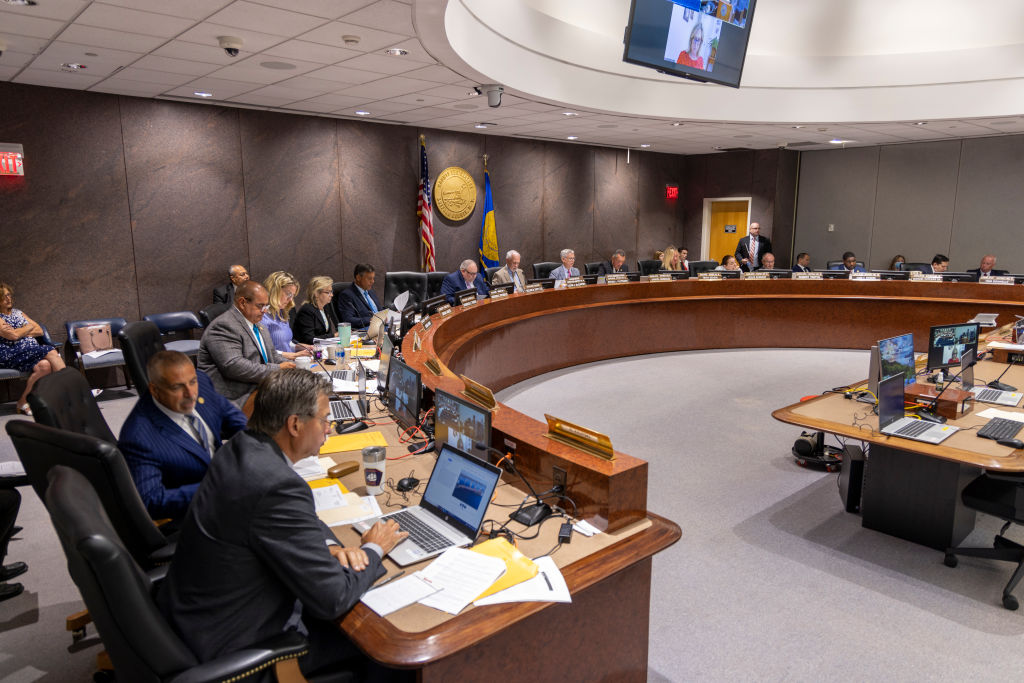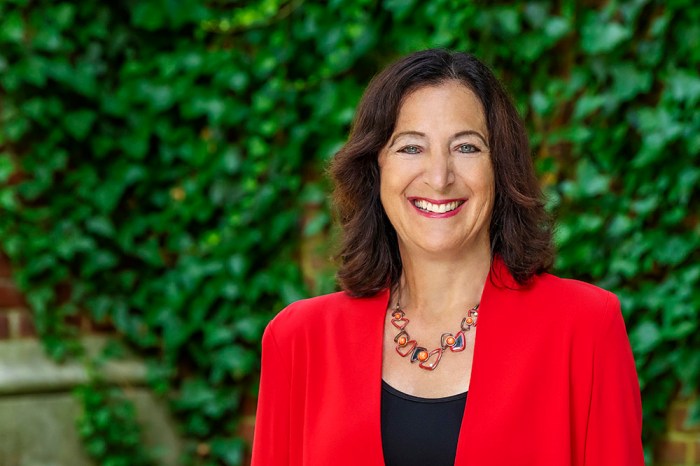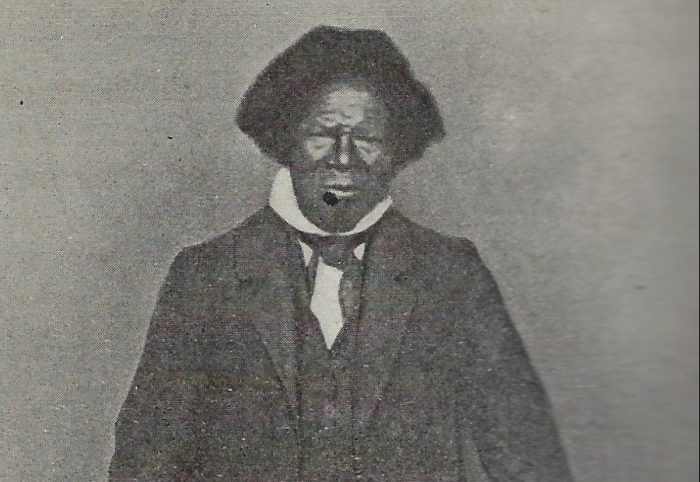Suffolk County legislators are amending parts of a highly contested bill that seeks to cap salaries of executives at nonprofit organizations in contract with the county.
The legislation, which has been in discussion since the end of July, would limit grant funding to nonprofits whose executives have salaries exceeding $250,000 — equivalent to the governor of New York. It would also require nonprofits to disclose to the county a list of all gifts and donations the nonprofits have received. Critics are calling it “ill-conceived” and “a solution looking for a problem.”
“If you’re working for a not-for-profit, supposedly doing God’s work helping people…these people shouldn’t be padding their salaries becoming millionaires,” Suffolk County Legis. Rob Trotta (R-Fort Salonga) said at an Aug. 27 Budget and Finance Committee meeting.
Trotta proposed the bill along with Suffolk Legis. Trish Bergin (R-East Islip), but it has yet to come up for a vote before the full legislature. Most recently, at an Oct. 1 general meeting of the legislature, it caused heated debates among nonprofit representatives and is now creating apprehension among fellow lawmakers.
Bergin added her thoughts on the issue, referencing residents of her district that are “hanging on by their fingernails financially” and their concerns of the proposed legislation.
“They’re having a really hard time understanding why their tax dollars are being used to fund a CEO’s salary of upward of $450,000 a year,” she said.
Several lawmakers, including Suffolk Legis. Tom Donnelly (D-Deer Park), Suffolk Legis. Stephanie Bontempi (R-Centerport) and Suffolk Legis. Nicholas Caracappa (C-Selden), the legislature’s GOP majority leader, among others have expressed opposition to the current version of the bill, calling it an “overreach” and asserting that the “vital” work nonprofits do for Suffolk residents is properly reflected in executive salaries.
Trotta still stands firmly behind the bill, which may be split into two bills, according to Bergin and Trotta.
Many nonprofit leaders have spoken at recent legislative meetings and public hearings to voice their opposition.
“We need to be able to focus on what we do best, and that is serving your constituents with care, compassion and integrity,” Family & Children’s Association President and CEO Jeffrey Reynolds said at the Oct. 1 public hearing. “I urge you to put a stop to this bill now so we can all get back to business.”
FCA is one of Long Island’s largest nonprofits, serving an average of 36,000 Long Islanders annually. Reynolds has repeatedly warned Suffolk lawmakers of the impacts the bill could have on more than 20 organizations across the county, which assist an estimated 200,000 residents, according to Reynolds.
Reynold’s salary was reported to be $325,205 in 2022, according to the nonprofit’s most recent tax filings.
Other representatives expressed concerns of Long Island families that depend on the services of these agencies, arguing that nonprofit agencies would terminate contracts with Suffolk upon passage of the bill, ultimately leaving residents in need without proper assistance.
“[The bill] will remove the contracts from those organizations, and the very services folks rely on every day,” said Lisa Burch, CEO and president of EPIC Human Service Agencies.
Nonprofit agencies additionally oppose the part of the bill that requires them to disclose a list of all gifts, donations and donors to the county, something they argue could potentially bring up concerns of confidentiality among donors.
“It violates their [nonprofits] First Amendment rights and the rights of their donors due to risk of reprisals,” said Mary Silverstein, the director at CN Guidance & Counseling Services. She referenced a U.S. Supreme Court ruling from 2021 stating that nonprofits were not required to submit donor names to the state of California.
Although many legislators are against the current form of the bill, some believe it calls for a reevaluation to analyze executive salaries of other for-profit industries that are in contract with the county, such as paving companies and law firms.
“I encourage the next draft of this bill not to be one that discriminates against the sector that is doing some of the most vital work in our county,” said Legis. Rebecca Sanin (D-Huntington).
Several of the 18 legislators anticipate new versions of the bill that will honor the work of nonprofit agencies while protecting the interests of the taxpayer.
“We all put forth legislation in this horseshoe, and a lot of times it takes a while to get it right,” said Legis. James Mazzarella (R-Moriches).
The bill will expire Jan. 30, 2025 if the public hearing for it stays recessed. The next regular meeting is scheduled for Nov. 26.































